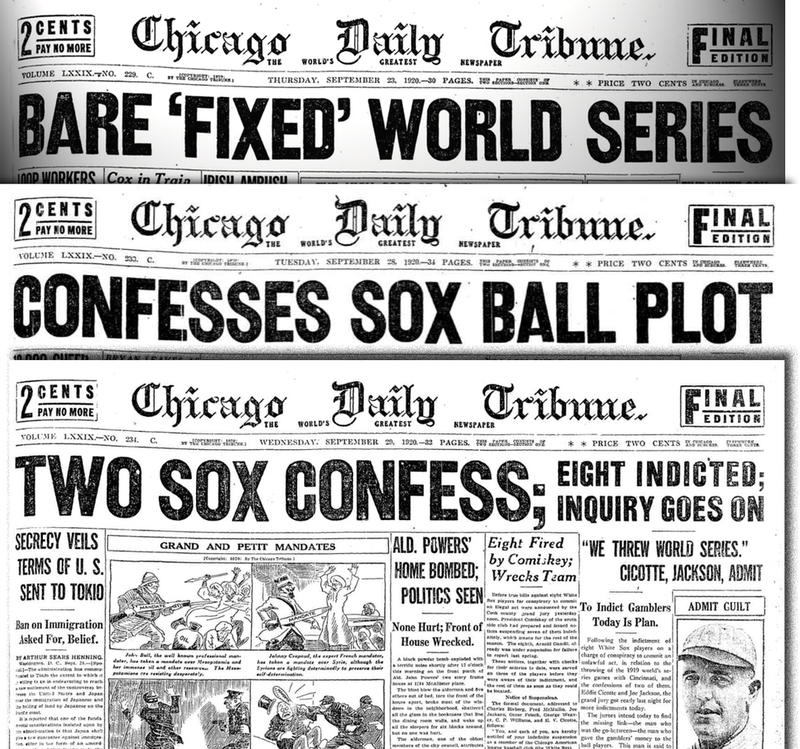


Strike Three, You’re Out: Houston Astros Cheat, Get Caught – And Then Ex-GM Boots Apology
By Thom Fladung/Hennes Communications
The Houston Astros have joined the Chicago Black Sox and Pete Rose in the ranks of the most infamous scandals in Major League Baseball history, with the release of the MLB investigation that Houston front office staff, coaches and players worked to steal other teams’ pitching signs.
Some context: Cheating has been a part of baseball forever – particularly sign-stealing, pitchers doctoring balls (see: Gaylord Perry) and hitters altering bats illegally to their advantage (see: Albert Belle). In the early days, baseball legends like Ty Cobb, with only one umpire assigned to each game, pulled stunts like cutting across the infield from first to third, skipping second base.
The basic guideline has been: Don’t get caught.
But every now and then, Major League Baseball rises up with heavy penalties like lifetime suspensions for gambling on games, as with the Black Sox and Rose. And this time, the Astros, the 2017 World Series winner, paid the price. General Manager Jeff Luhnow and Manager A.J. Hinch were suspended without pay for the 2020 season by MLB and then were fired by the Astros. Houston also must forfeit draft picks and pay a $5 million fine – the highest allowable under major league rules.
For Cleveland Indians fans, like us at Hennes Communications, it’s delicious schadenfreude. The Astros have beaten the Indians in the playoffs. Then-Indians pitcher Trevor Bauer started a social media firestorm when he accused the Astros of cheating. (Bauer is enjoying the current developments.) And the Astros organization generally has come off as arrogant and unlikable.
For crisis communication types, the Astros scandal also is another smack your head moment.
Here’s how Luhnow, the general manager who oversaw the coaches, players and front office personnel, reacted to the scandal in a statement:
“I accept responsibility for rules violations that occurred on my watch as President of Baseball Operations and General Manager of the Astros,’’ Luhnow said in his statement. “I apologize to the Astros organization, Astros fans and the Houston community for the shame and embarrassment this has caused.”
OK, so far so good. But then Luhnow continues: “I am not a cheater. Anybody who has worked closely with me during my 32-year career inside and outside baseball can attest to my integrity. I did not know rules were being broken. As the Commissioner set out in his statement, I did not personally direct, oversee or engage in any misconduct: The sign-stealing initiative was not planned or directed by baseball management; the trash-can banging was driven and executed by players, and the video decoding of signs originated and was executed by lower-level employees working with the bench coach. I am deeply upset that I wasn’t informed of any misconduct because I would have stopped it.”
What? Someone should have advised Luhnow to also stop talking after he’d apologized. On its face, Luhnow’s denial of any knowledge of the crime – “I did not know rules were being broken” – strains credulity. Rumors about the Astros’ cheating were rife in baseball circles for years. He heard none of this? He chose to not look into any of it further?
Hinch, the ex-manager, does a little better: “As a leader and Major League Manager, it is my responsibility to lead players and staff with integrity that represents the game in the best possible way,” Hinch said in part of his statement. “While the evidence consistently showed I didn’t endorse or participate in the sign stealing practices, I failed to stop them and I am deeply sorry.”
Again, it’s more than a little hard to accept that the manager sat in the dugout and just kind of ignored the fact that, according to the MLB investigation, his team was detecting other teams’ signs from a camera in the outfield and then sending that info to someone who banged out a code on a trash can in an area between the dugout and the clubhouse so hitters would know which pitch was coming. That’s not an endorsement?
It might be comical, except for the fact the cheating might have cost Astros’ opponents the fairest shot at winning on the field. And, as baseball Commissioner Rob Manfred put it, the scheme compromised “the principles of sportsmanship and fair competition” that are critical to the legitimacy of any sporting event.
Similarly, Luhnow’s “apology” might seem ham-handedly funny – unless you were one of the people who worked for him and got thrown thoroughly under the bus. Who would want to work for him now?
As Houston Astros owner Jim Crane – the guy who fired Luhnow and Hinch – said, “Neither one of them started this, but neither one of them did anything about it. We need to move forward with a clean slate.”
At Hennes, we tell people if you mess up, fess up and fix up. That “fess up” should include an effective apology. A wonderful Harvard Business Review story written in 2015 suggested that these are the key components of a well-done apology:
- Candor
- Remorse
- Commitment to change
- Sincerity
We’d add that effective apologies address the recipients’ feelings. They don’t attempt to prove a point. They don’t prematurely admit fault or assign blame. The don’t include weasel words like “Well, I’m sorry people were offended” or “Well, I’m sorry people feel that way.”
And for goodness’ sakes, if you’re ultimately responsible for the misstep, don’t blame the people who work for you.
That’s bush league.
Thom Fladung is managing partner of Hennes Communications. To reach him, call 216-321-7774 or email fladung@crisiscommunications.com. Except on March 26th around 1 p.m. He’ll be at Progressive Field for the opener.